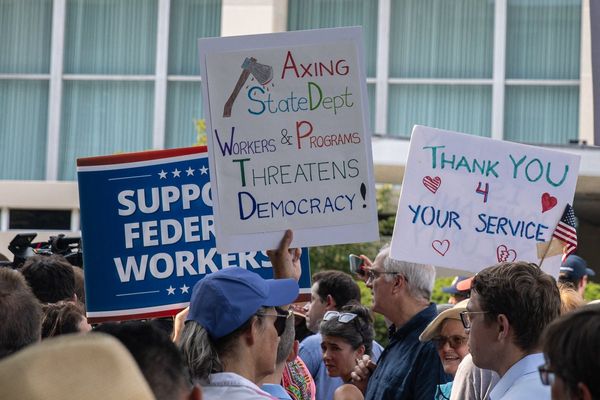
Juba (AFP) - Violence in South Sudan's far north has forced thousands of civilians to flee in recent weeks, UN agencies said Wednesday, adding some were hiding in swamps and eating shrubs to survive.
The bloodshed in Upper Nile state has killed an unknown number of people while rape, murder and kidnapping of civilians have been reported as the conflict intensifies.
The UN's humanitarian agency OCHA said over 9,100 people had been displaced since clashes between armed factions erupted in Upper Nile's Fashoda County in mid-November.
"The humanitarian community in South Sudan is appalled by the continuous violence that has a devastating impact on the lives and livelihoods of ordinary men, women and children," OCHA's Peter Van der Auweraert said in a statement.
At least 20,000 people had fled the violence since it first erupted in August, including 3,000 over the border into neighbouring Sudan, said the UN refugee agency UNHCR.
Those unable to flee, such as the elderly and disabled, had sought refuge in bushes along the banks of the White Nile, UNHCR said.
The fighting has spread to the bordering states of Jonglei and Unity with grave fears for civilians trapped in the town of Kodok.
A UN protection camp in nearby Malakal has swollen with new arrivals.Opened a decade ago to host 12,000 people, it currently shelters 37,000.
Survivors of one attack told UNHCR that dozens were killed or wounded while others drowned in the river trying to escape.
In another location, people were eating wild plants to survive.
"Their situation is desperate," said UNHCR's country representative Arafat Jamal, who described witnessing "the aftermath of raw violence" in some villages that were raided.
The United Nations Mission in South Sudan (UNMISS) has publicly appealed for government forces based in Kodok to intervene and de-escalate the violence.
'Whatever it takes'
At the close of a ruling party conference on Tuesday, President Salva Kiir said he "cannot stop" the fighting in Upper Nile and called on all sides to embrace peace.
In a statement published Wednesday, the president's office said: "Despite the complexity, the president is determined to do whatever it takes to end this violence in Upper Nile and other regions of South Sudan."
Last week, the UN convened a meeting with diplomats from the African Union and international community to discuss the escalating crisis.
South Sudan achieved independence in 2011 but descended into a civil war two years later that left nearly 400,000 people dead.
A peace deal was signed in 2018 but sporadic bursts of violence between government and opposition forces continue to occur, while conflict between rival ethnic groups in lawless parts of the country exacts a terrible toll on civilians.







